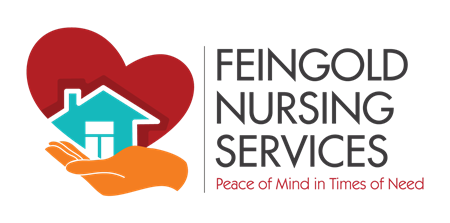
Palliative care is a term that wasn’t really used much in the past. It developed during the 1990s and became a recognized medical specialty area in 2008.
What does “palliative care” mean? The word palliative comes from palliate, which means to lessen. In this case it is usually to lessen pain, and it’s a team approach which looks at several different options, methods, and combinations of treatments that work best for each individual patient.
Palliative care is a very effective service that can help patients relieve the symptoms and stress that often comes with serious illness.
Many people think palliative care is only associated with hospice, and often it is. But palliative care is used to help people that are sick and in pain, but not necessarily afflicted with a terminal illness. Hospice is usually for people who have been determined to have less than 6 months to live.
How does palliative care work with home health care?
The home health care aide or nurse is actually an integral part of the palliative care team because it is that person who probably spends more time with the patient than any other member of the team. Feedback to the team about how the patient is able to handle activities at home like navigating steps, getting in and out of the shower or tub, and sleeping habits are critical to the team’s approach and course of treatment.
If stretching and exercise are part of the treatment it will likely be the home health care professional to assist in those activities. Medication will likely be involved, and ensuring the medication is administered properly is often the responsibility of home health helpers.
Feingold Home Health Services is staffed with nurses and aides who are properly trained and understand the benefits of palliative care for patients and the responsibilities involved as a member of the care team. Questions? We’re here to help. Give us a call at 561-210-9096 and we’ll be happy to help.

Recent Comments